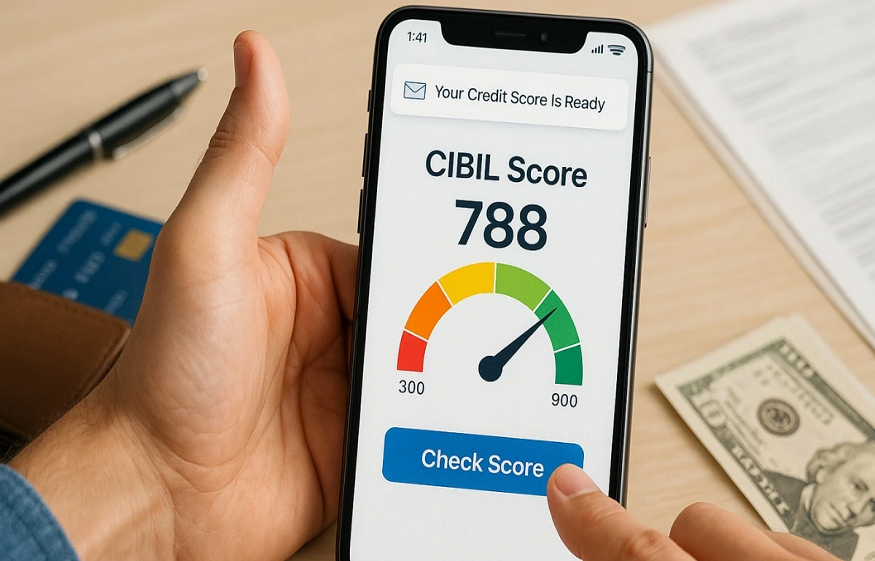How to Check Your CIBIL Score Without Impacting It
Your CIBIL score is a critical factor in securing loans, credit cards, and even renting property. But many people worry that checking their cibil score will lower it. Fortunately, that’s not the case—if you check it the right way. By using the right cibil score calculator, you can track your credit health without any negative impact.
Here’s everything you need to know about safely checking your cibil score, understanding what affects it, and why it’s important to stay informed.
What Is a CIBIL Score?
A cibil score is a three-digit number between 300 and 900 that represents your creditworthiness. It’s calculated by TransUnion CIBIL, one of India’s leading credit bureaus, based on your credit history, repayment behaviour, outstanding debt, and other factors. A score above 750 is generally considered good and improves your chances of getting loans at favourable terms.
How Checking Your Score Works
When you or a lender checks your cibil score, it’s called an inquiry. There are two types of inquiries:
- Soft inquiry: When you check your own score using a cibil score calculator or through official websites. This does not impact your score.
- Hard inquiry: When a bank or lender checks your cibil score during a loan or credit card application. Multiple hard inquiries in a short time can lower your score.
Therefore, checking your own score is completely safe and recommended, as it helps you monitor your credit health without harming it.
How to Check Your CIBIL Score Safely
- Use the official CIBIL website or RBI-approved financial websites offering free cibil score calculator
- Complete identity verification, often via OTP sent to your registered mobile number or email.
These steps ensure your information remains secure and the inquiry stays classified as a soft inquiry.
Avoid Third-Party Apps with Poor Security
Many apps claim to offer free cibil score calculator tools but may misuse your data. Stick to trusted platforms like the official CIBIL website or reputed financial institutions’ websites.
Why Checking Your CIBIL Score Is Important
Regularly monitoring your cibil score helps you:
- Spot errors or fraudulent activity: Sometimes incorrect information can lower your score. Checking regularly helps you catch and dispute errors early.
- Track your credit progress: If you’re trying to improve your score, using a cibil score calculator shows how your actions—like paying EMIs on time—are reflected.
- Improve loan eligibility: Knowing your current score allows you to apply for loans more strategically and avoid unnecessary rejections.
Tips to Maintain a Healthy CIBIL Score
- Pay all EMIs and credit card bills on time to avoid late fees and negative marks.
- Keep your credit utilisation ratio below 30% of your total limit.
- Avoid applying for multiple loans or credit cards in a short period.
- Maintain a balanced mix of secured (home loan) and unsecured (personal loan) credit.
- Regularly check your cibil score using a reliable cibil score calculator to stay informed.
Does Checking CIBIL Score Repeatedly Affect It?
No, there is no penalty for checking your own cibil score multiple times.
Conclusion
Using an official cibil score calculator ensures your inquiries remain soft, protecting your credit rating. By staying informed, you can take proactive steps to maintain or improve your score, boosting your chances of getting loans and credit cards on the best possible terms. Don’t hesitate to check your cibil score—because staying aware is key to smart financial planning.


